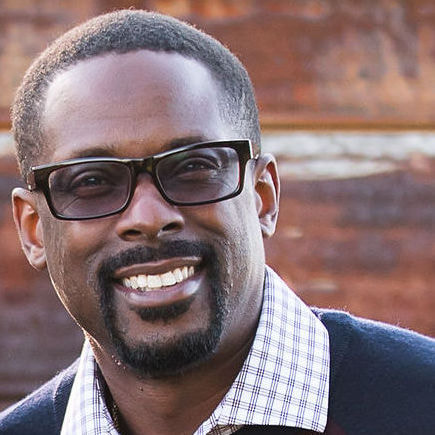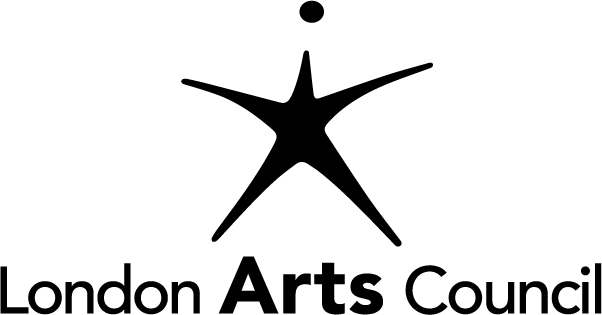|
Jason Burt is a Human Rights and Equity Lead Administrator at the Avon Maitland District School Board. He is committed to ensuring equity, anti-racist, and anti-oppression education and inclusivity permeates all aspects of the district’s education, guidelines, programs and procedures as outlined in the AMDSB Administrative Procedure: No. 141. In his new role as the System’s Administrator: Human Rights and Equity Lead Administrator, he will lead the full and ongoing implementation of the responsive AMDBS Equity, Diversity, and Inclusion Action Plan 2021-2024 and the Ontario Equity Education Action Plan. While supporting the AMDSB strategic plan goals, “I am Well, I am Engaged, I am Prepared,” Burt will be instrumental in building an anti-oppressive organizational culture, informed by human rights discourse and learning, accomplished through trenchant analysis of current policies and procedures that create systemic barriers to student engagement and achievement.
After attending desegregated schools through bussing in Durham, NC (1978-1991), Burt received a bachelor’s degree in history from Davidson College in Davidson (1995), NC, a teaching license from North Carolina Central University in Durham, NC (1999), and a master’s degree from the University of North Carolina at Chapel Hill (2004). He started his educational career as an economic, legal, political systems and US History teacher for Durham and Orange Counties for six years. Afterwards, he began his administrative journey as an assistant principal for eleven years for Wake, Durham, and Orange counties. In a bold move, Burt and his family relocated to Southwestern Ontario in August 2014 to become a System's Administrator with the AMDSB. |
Can you tell us a little about yourself and your work? |
My name is Jason “Burt” Burt. I was born in 1972 in Durham, North Carolina. I was bused to enforce desegregation policies K-2 & 6-8, while my high school graduating class (class of 1991) was 100% students of colour. I attended Davidson College (class of 1995 - BA- History), which was only 4% (60 out of 1500) students of colour. I attended teacher’s college at North Carolina Central University in Durham (Historically Black College and University - HBCU 1997-1999 - Social Studies Teacher). I attended the University of North Carolina at Chapel Hill (class of 2004 - Master of School Administration). I taught economic, political, legal, political systems and US History for 6 years. I was a vice-principal for 11 years in three NC School Boards (Wake County, Durham County, and Orange County) and 7 years as a vice-principal with the Avon Maitland District School Board.
I am currently a System’s Administrator for the Avon Maitland District School Board as the Human Rights and Equity Lead Administrator. In this capacity, I will work with 33 elementary schools and 8 secondary schools to design, implement, and adjust their individual equity action plans based on the Board’s Strategic Plan which encompassed the need for students to feel ENGAGED, WELL, and WELL.
How has the past year, especially with the added spotlight on anti-racism, impacted your work, especially in the field of education? |
Tragically, the death of George Floyd provided the harsh reality that systemic racism and oppression had embedded itself so deeply in the very foundation that supports our JUDICIAL systems, EDUCATIONAL systems, and HEALTH CARE organizations. In the beginning of the 2020-2021 school-year, I was asked to be part of an equity steering committee to offer recommendations on how the Board could improve. After several meetings and presentation it became abundantly clear that there needed to be a position created who could work with schools, senior staff, and trustees to ensure that equity efforts are focused on impact (not intent), strategically implement while utilizing anti-racist and anti-discriminatory practices, and report transformative change!
As an educator, how necessary do you find anti-racist discourse to be at the institution and what are the types of anti-racist discourse you think educators should begin engaging with for a more socially aware learning environment? |
Culturally Relevant and Responsive Pedagogy, Critical Race and Cultural Attachment Theories are a start; however, this would only be checking boxes to fulfill some sort of quota. We have to look at the bigger picture/end game. Once marginalized, under-represented, and systematically disenfranchised cultures, innovations, inventions, heritages, and teachings are graduation REQUIREMENTS, then (and only then) will we have arrived!
Educators need to endure discomfort. Discomfort is your ally, it will tell you when you are seriously struggling. It will keep you awake and angry, and remind you to finish the job and keep moving on! But do you know the best part about discomfort? It let’s you know that you are doing the work to be an anti-racist.” -- Adaptation from GI Jane speech from CMDCM John Urgayle.
From your experience living in both the United States and Canada, what has your first-hand experience been with the culture of both countries and how they handle anti-Black racism? |
Both sides reside in the 51st State - The State of Denial. One thing that I have learned is that we have to focus on the actions and not the person. There is a difference between what one has done versus who one is. We need to focus on the action and not the person. Saying what you did was racist has potential for a learning opportunity. Saying you seem racist will lead you to a rabbit hole of white fragility, guilt and solidarity, which inevitably railroads any effective work.
At the Embassy Cultural House, as we use this project to remember George Floyd and other Black peoples who have suffered because of systemic racism, how do you recommend that everyone as individuals keep the memory of George Floyd alive and what does that mean to you? |
Our leaders and anti-racism influencers are martyred in order for us to take the next step. King was assassinated after “I Have a Dream” and before his call for reparations. George Floyd’s murder has demonstrated that it is not enough to sit with white people at lunch counters, movie theatres, public transportation,etc. We need to honour our Fallen AND discuss/reflect on what we have actually done to affect positive change instead of reliving that particular event.
Where can we contact you and learn more about your work?
Avon Maitland District School Board
(519) 527-0111 Ext. 111
email: [email protected]
website: www.amdsb.ca



















